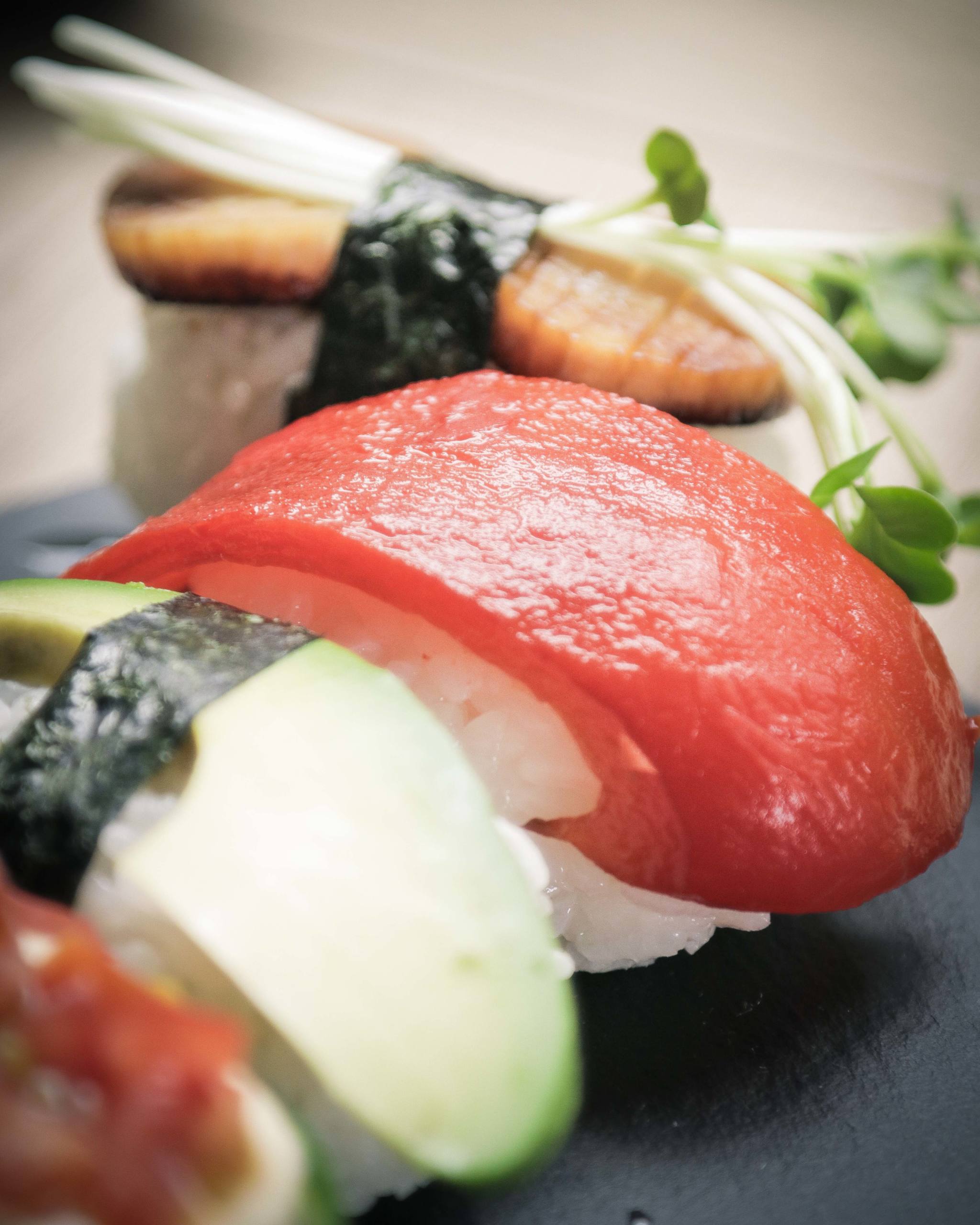
Bentoya ♡ Nigiri Sushi
View this post on Instagram A post shared by Vegan Japanese Cooking Class (@bentoyacooking)
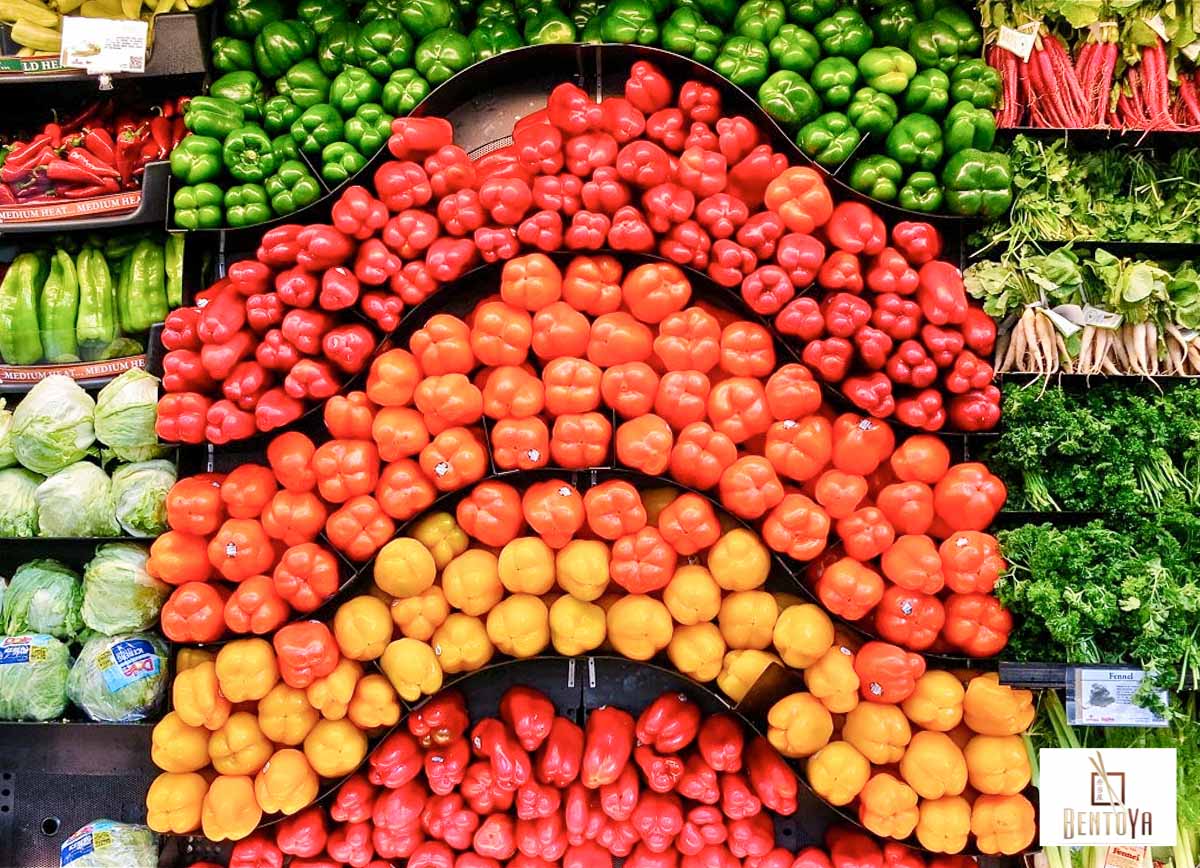
A diverse diet!
Eat things from all the food groups: vegetables, fruits, legumes, groats and cereals, as well as nuts and seeds. A vegan diet with a variety of foods is the best way to take care of your health and can be really beneficial!
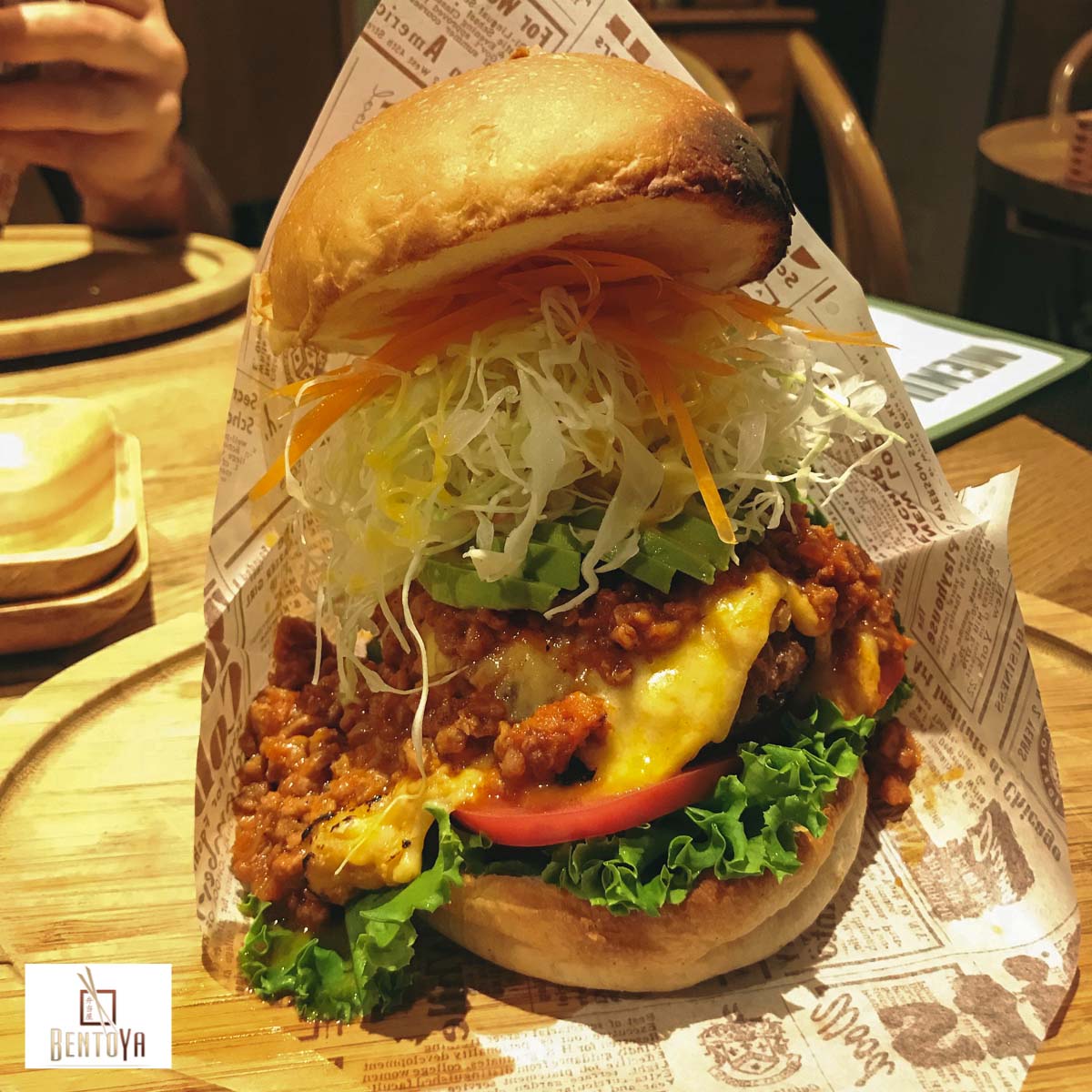
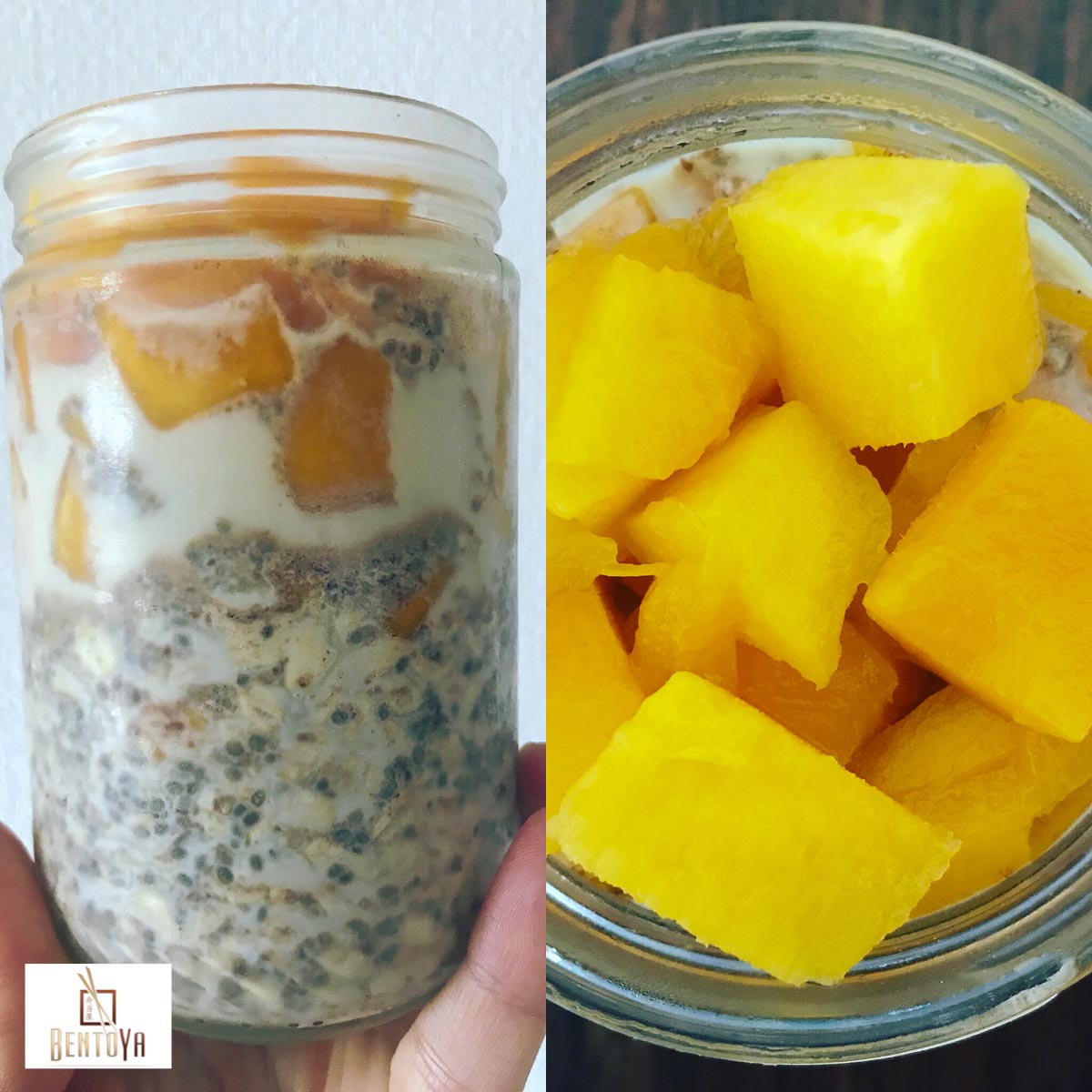
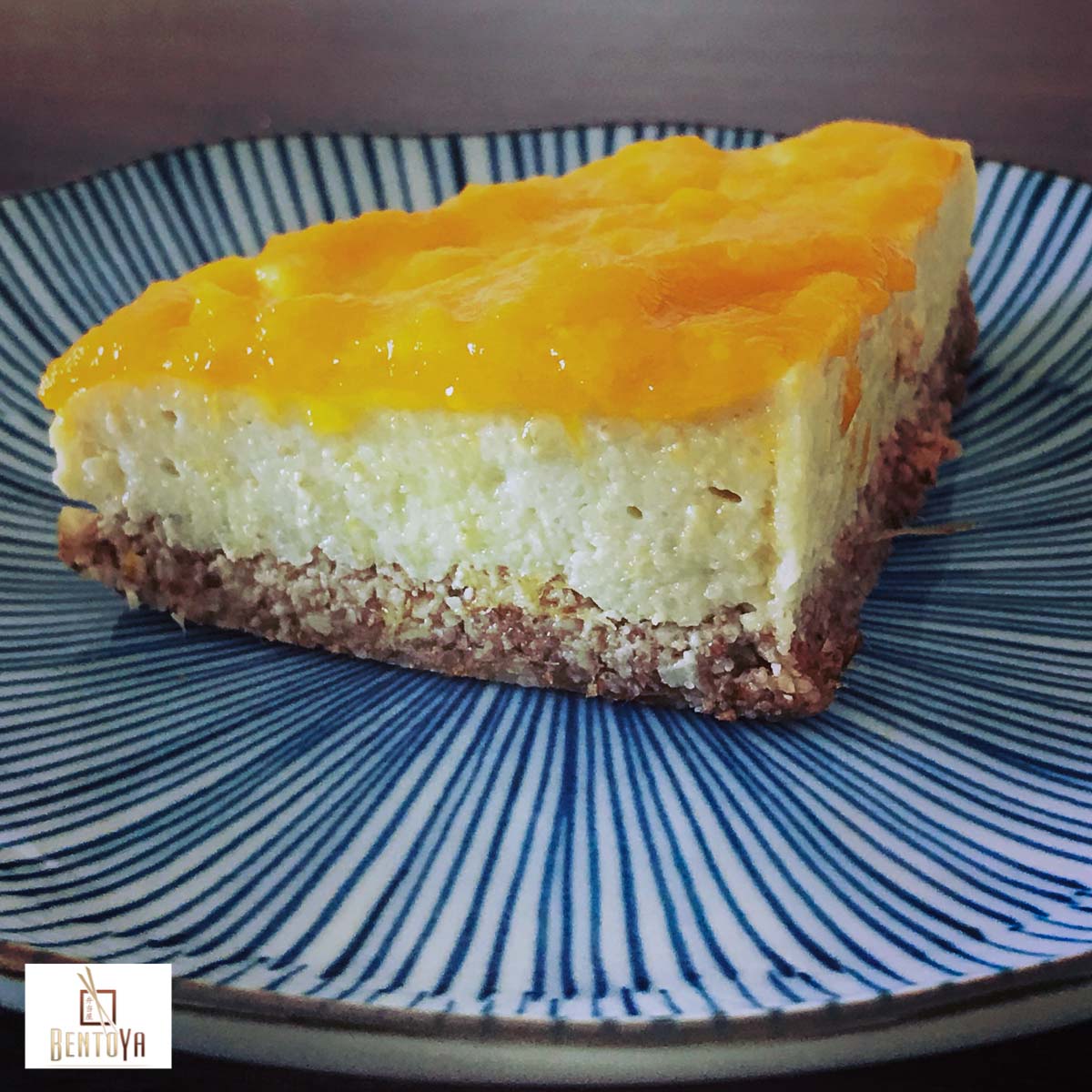
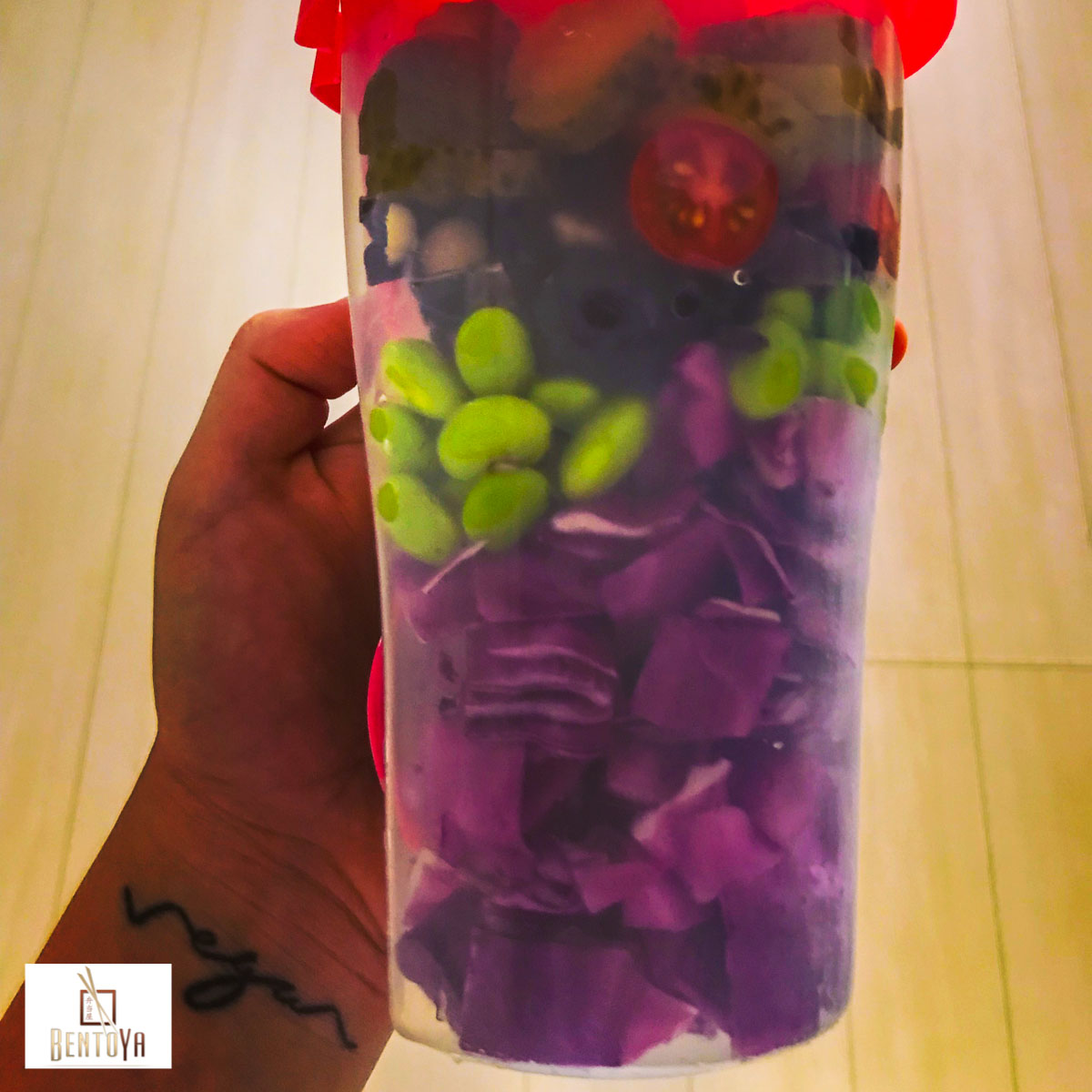
Eat green leafy vegetables, legumes and nuts every day, and you won’t have to worry about your iron level!
Vegans should consume from 30 to 50% more iron than people on a traditional diet, due to the fact that the iron found in plants can be assimilated a little less easily. With a properly balanced vegan diet, however, this is not even a slight problem.
Pro tip: non-heme iron should always be consumed with products that are rich in vitamin C (hello citrus fruits and bell pepper☺).
Supplement B12!
The official recommendation for vegans is 50 – 100 mcg per day. You can also try supplementing more but less often; I nowadays take 1000 mcg per week.
Eat calcium-rich foods every day!
Green leafy and cruciferous vegetables, nuts and seeds are a rich source of this micronutrient – eat them every day. Also remember about regular, daily consumption of calcium-fortified products such as non-dairy milk (with added calcium) or tofu.
Pro tip: plant based, fortified milk should be shaken before each use, because the calcium might settle to the bottom of the carton.
Remember about physical activity!
Regular physical exercise of moderate intensity, together with a healthy, balanced plant-based diet, will help with keeping you healthy for many years.
Try both endurance and strength activity. The latter, combined with adequate supply of vitamin D and calcium, is extremely important for the health of our bones.
In late autumn and winter, supplement vitamin D!
The recommendations in Europe and North America are from 800 to 2000 IU a day depending on your body weight. This dose should be taken daily throughout the autumn-winter period, that is, from November to March.
In the spring and summer, official recommendations suggest that you should stay in the sun every day for a minimum of 15 minutes between the hours of 11 and 15, and reveal at least 18% of the surface of the skin, i.e. forearms and legs, and not cover it with sunscreen.
But first: check your levels! Japan is a very sunny country☺!
Do not base your diet on highly processed products!
Remember, not everything that is vegan is healthy (unfortunately)! Sure, eating processed foods from time to time probably won’t do much harm, but focus on making your daily diet healthy and providing all the vitamins, micro and macro elements you need.
Don’t forget to eat enough Essential Fatty Acids (EFAs) from the omega 3 group!
Eat a tablespoon of freshly ground flax seed every day. Also, supplement DHA or consume a daily portion of algae (or do both).
Have fun – try new fruits and vegetables, go out with friends to a new restaurant, look for new flavors
Veganism does not have to be boring, and the myths about eating grass have long since been debunked. A variety of plant products, the improving choice of restaurants, and the increasing availability of vegan products will allow you to enjoy new flavors every day.
Finally: health check-ups!
Regularly check whether your diet is sufficiently balanced and if necessary modify it yourself or with the help of a dietitian. If you do not have any health issues, just check the basics: morphology, iron & ferritin and vitamins B12 and D.

View this post on Instagram A post shared by Vegan Japanese Cooking Class (@bentoyacooking)
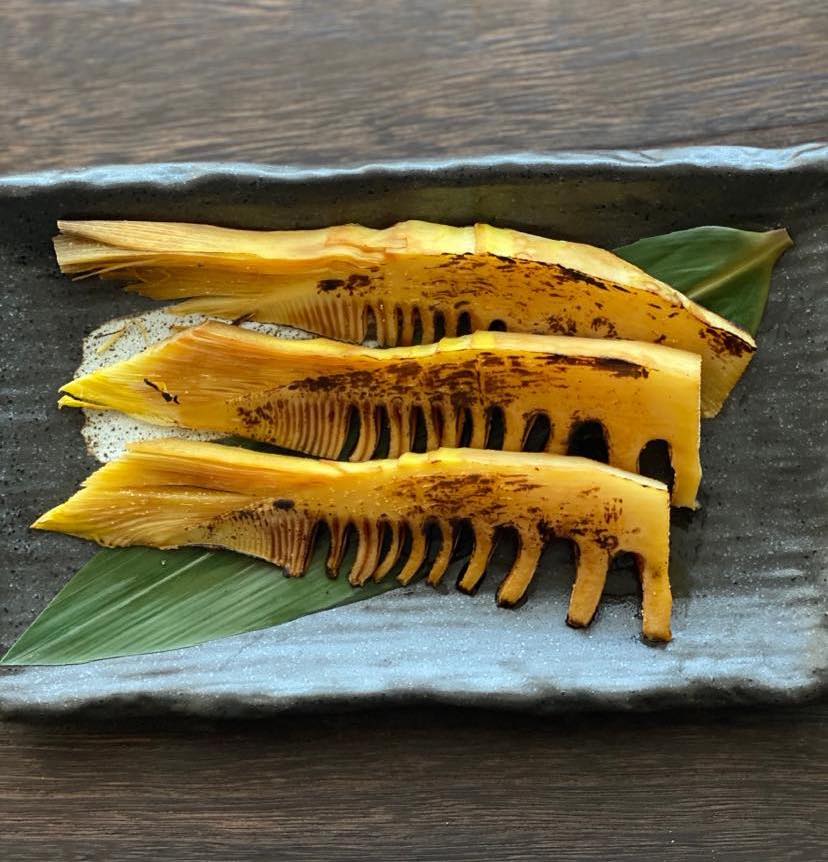
In Japan, the vegetable and fruit selection changes with the seasons. Seasonal vegetables are often budget-friendly and a great way to add variation to your cooking.
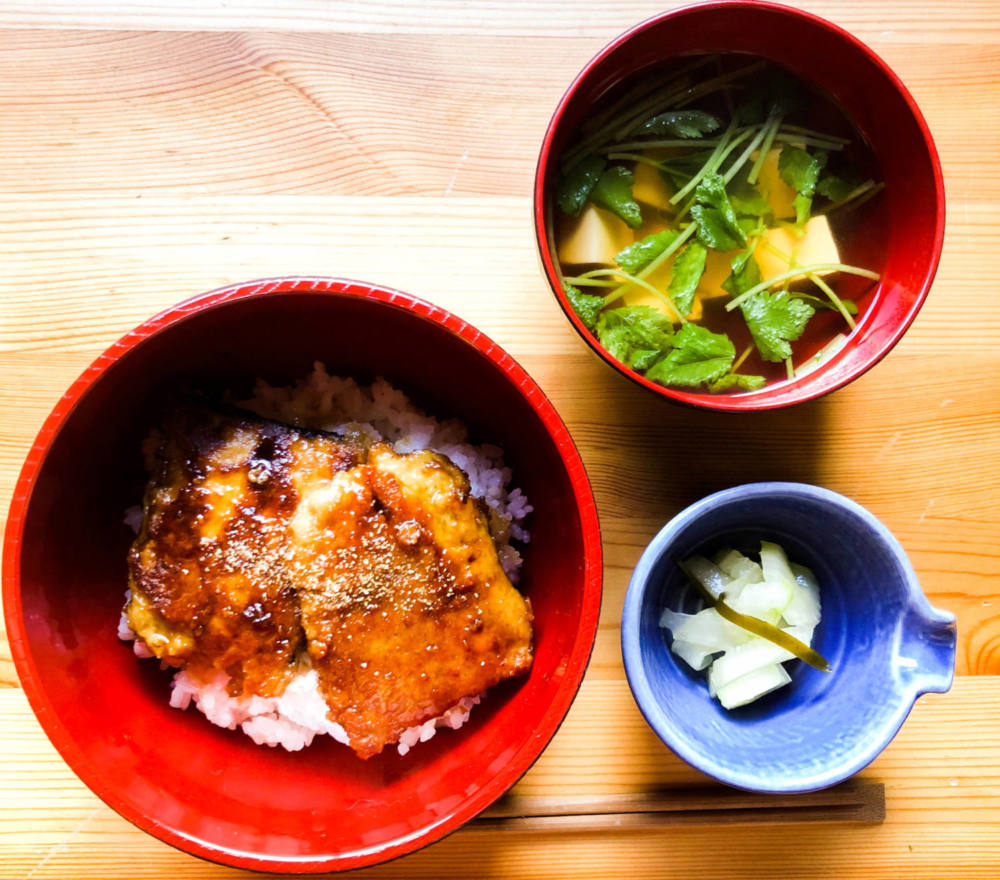
Modoki ryori refers to food which uses plant-based ingredients to mimic the appearance, taste and texture of meat dishes. This type of dishes are common in shojin ryori and they have also achieved a certain mainstream popularity due to the health factor of eating vegetable-rich meals.
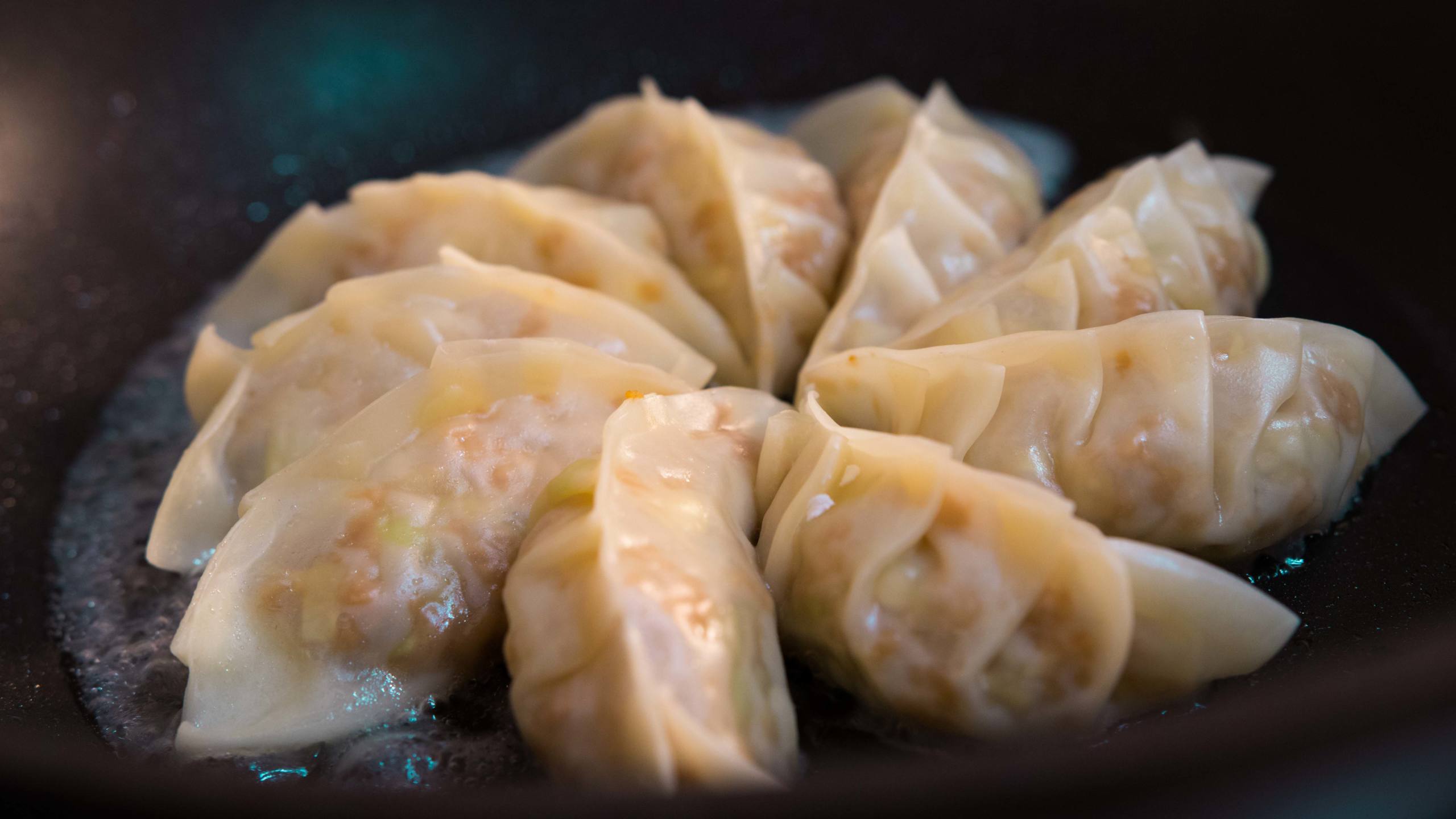
Chuka ryori (中華料理) refers to Japanese-Chinese dishes which originate from China, but have been adjusted to fit the style and taste of the Japanese palette. Dishes that belong to this group are for example ramen, gyoza and harumaki.
Sign up to our newsletter and get our latest recipes, cooking related content & offers delivered right to your mailbox!